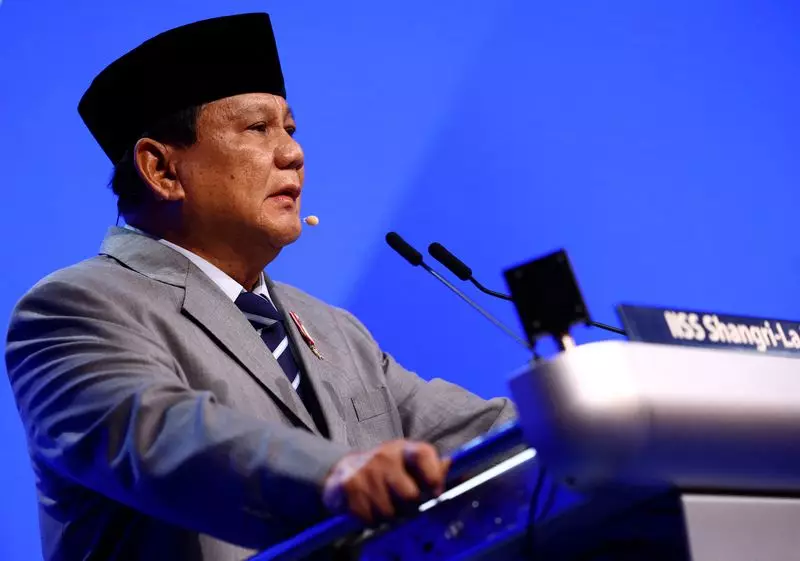Indonesia’s President-elect Prabowo Subianto has made it clear that he does not intend to increase the country’s public debt to 50% of gross domestic product (GDP). This statement came from a senior aide, Thomas Djiwandono, who leads fiscal discussions with the outgoing government’s finance ministry. The denial of a report suggesting a significant increase in debt levels helped ease concerns in the nation’s currency and bond markets.
Prabowo has expressed his ambition to fund development programs and achieve an 8% economic growth target for Indonesia’s economy. While he emphasized the importance of being more daring in taking on debt for these purposes, he also reassured that he would abide by legal limits on fiscal metrics. This balance between growth aspirations and fiscal responsibility is crucial for sustaining economic stability.
The commitment to maintaining fiscal prudence is essential for upholding Indonesia’s solid record of fiscal management. Ratings agencies and investors closely monitor Prabowo’s fiscal policy to ensure that costly programs do not jeopardize the country’s financial health. By focusing on increasing revenues, reviewing spending, and creating budget space for necessary programs within legal limits, Prabowo aims to instill confidence in the financial markets.
In the aftermath of the Asian financial crisis in the 1990s, Indonesia implemented regulations to control budget deficits and cap debt levels. These measures have been instrumental in building a resilient fiscal framework and earning investment grade ratings from agencies. Despite recent increases in the debt ratio due to pandemic-related spending, efforts to reduce annual deficits demonstrate a commitment to long-term financial stability.
Indonesia’s fiscal policy under Prabowo Subianto’s leadership plays a crucial role in shaping the country’s economic trajectory. By striking a balance between investment in growth initiatives and maintaining fiscal discipline, Indonesia can navigate through challenges and sustain economic progress. As the incoming president prepares to take office, the world will be watching closely to see how his economic vision translates into tangible outcomes for the nation’s economy.

